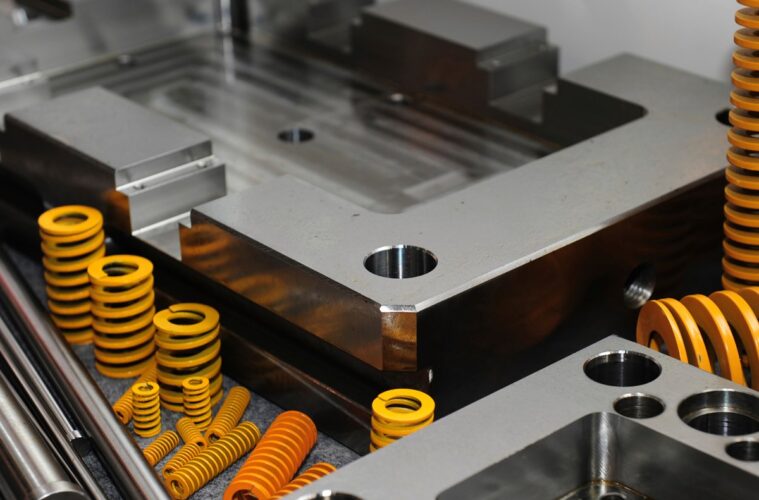Introduction
The high-quality mold manufacturing industry has experienced significant advancements in recent years, driven by the rapid development of material technologies. These innovations have led to more efficient production processes, better performance, and longer lifespans of molds. In this article, we will explore the latest innovations in mold material technologies and their applications in various industries.
Emerging Mold Material Technologies
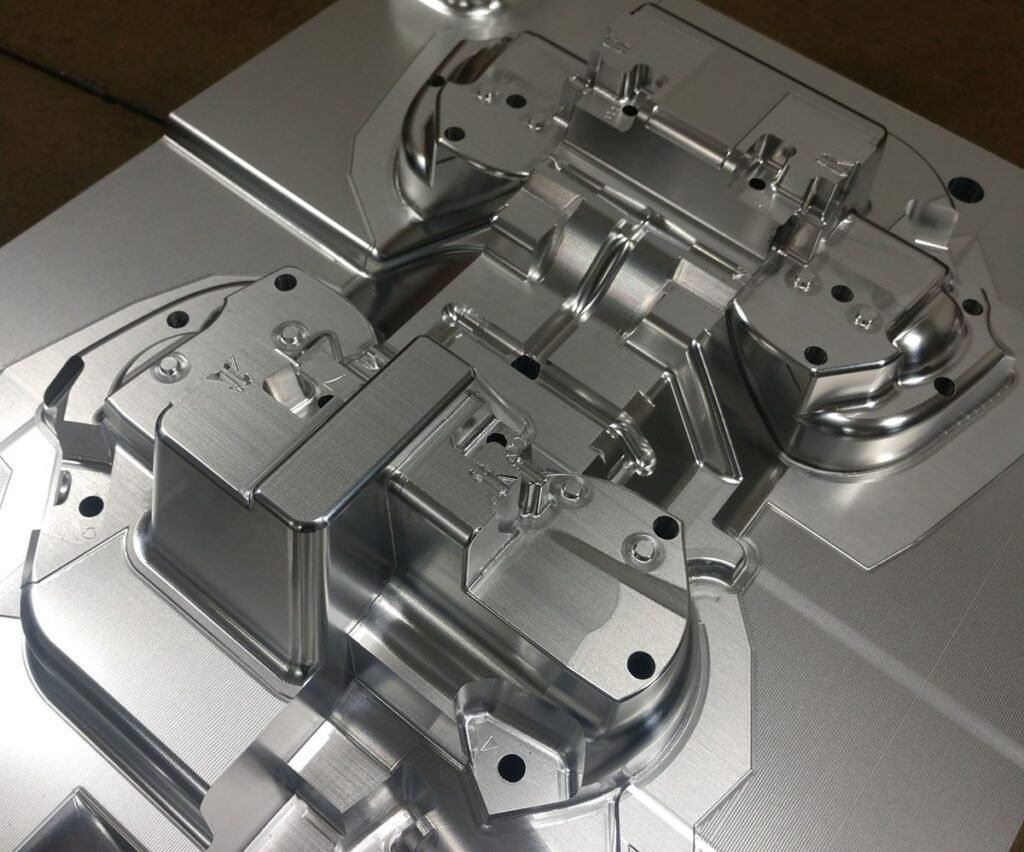
source: pinterest.com
Metal Matrix Composites (MMCs): MMCs are a combination of two or more different materials, such as metals and ceramics, which offer improved wear resistance, strength, and thermal stability. This makes them ideal for high-stress applications in the mold manufacturing industry.
High-Performance Polymers: Advanced polymers, such as PEEK and PPS, provide excellent chemical resistance, thermal stability, and mechanical properties. These characteristics make them suitable for use in molds that are exposed to harsh environments or high temperatures.
Nanostructured Materials: Nanostructured materials exhibit unique properties due to their small size and high surface area. These materials can improve the hardness, wear resistance, and corrosion resistance of molds, leading to longer service life and better performance.
The Impact of Material Innovations on Mold Manufacturing
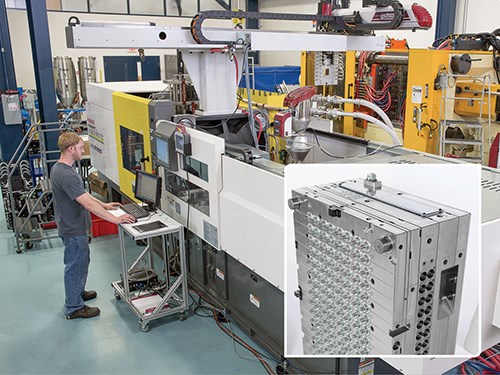
source: pinterest.com
Improved Performance: The adoption of advanced materials in mold manufacturing has led to better performance, including increased precision, accuracy, and durability. This results in higher-quality products with fewer defects and reduced waste.
Reduced Production Costs: The use of innovative materials can help mold manufacturers reduce production costs by extending the life of molds, minimizing the need for maintenance and replacement, and lowering energy consumption during the production process.
Expanded Applications: The advancements in mold material technologies have opened up new opportunities for mold manufacturing across various industries, such as aerospace, automotive, medical, and electronics.
Innovative Applications of Mold Material Technologies
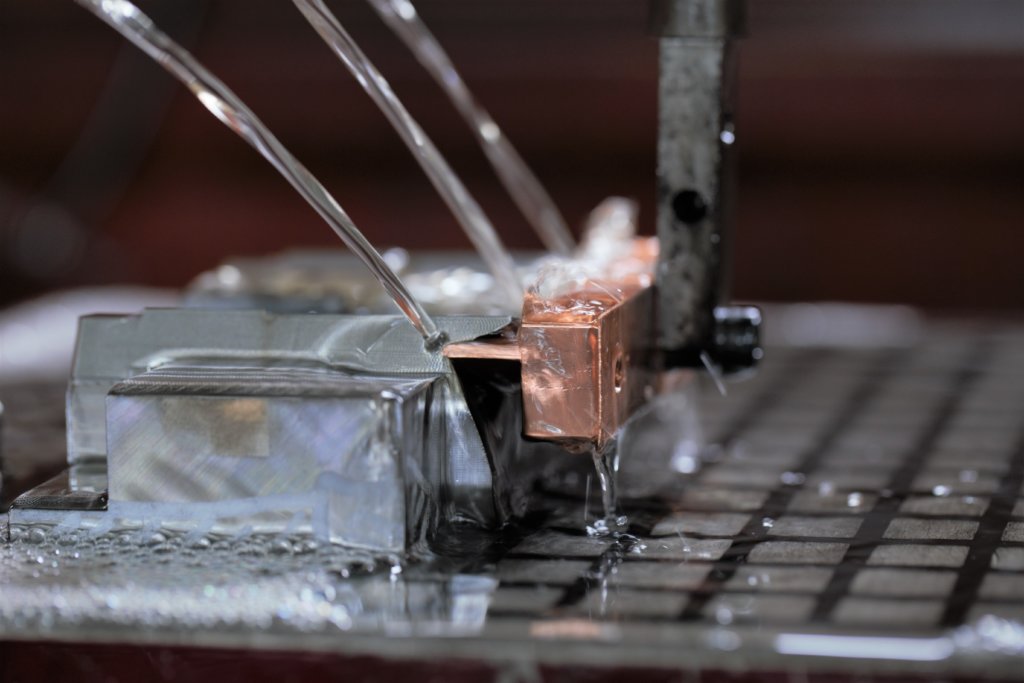
source: pinterest.com
Aerospace Industry: The aerospace industry requires lightweight, high-strength materials that can withstand extreme temperatures and pressures. Innovations in mold materials, such as MMCs and high-performance polymers, enable the production of complex aerospace components with improved performance and reduced weight.
Automotive Industry: The automotive industry is constantly seeking ways to improve fuel efficiency and reduce emissions. Advanced mold materials can help achieve these goals by enabling the production of lightweight, high-strength components, such as engine parts and body panels.
Medical Industry: The medical industry demands high-precision, biocompatible, and sterilizable materials for the production of medical devices and implants. Innovations in mold materials, including high-performance polymers and nanostructured materials, meet these stringent requirements and enable the manufacturing of cutting-edge medical products.
Electronics Industry: The electronics industry requires materials that can withstand high temperatures, provide excellent electrical insulation, and resist chemical corrosion. Advanced mold materials, such as high-performance polymers and nanostructured materials, fulfill these requirements and enable the production of miniaturized, high-performance electronic components.
The Future of Mold Material Technologies
Integration with 3D Printing: The integration of advanced mold materials with 3D printing technologies can revolutionize the mold manufacturing industry by enabling rapid prototyping, mass customization, and the production of complex geometries that are difficult to achieve using traditional mold making techniques.
Sustainability and Circular Economy: The mold manufacturing industry can benefit from the adoption of sustainable materials and practices, such as recycling and upcycling of used molds, reducing material waste, and using eco-friendly materials that minimize environmental impact.
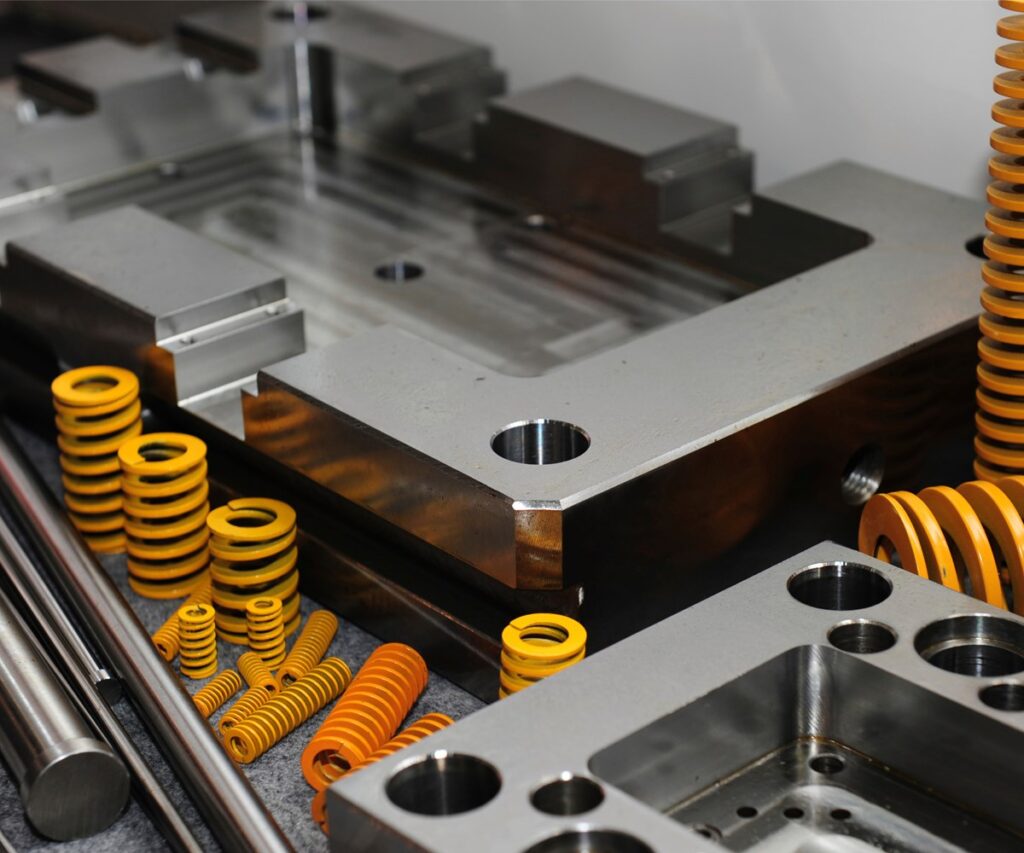
source: pinterest.com
Continued Research and Development: The future of mold material technologies will be shaped by ongoing research and development efforts that explore new materials, optimize existing ones, and develop novel manufacturing techniques. These advancements will further improve the performance, durability, and cost-effectiveness of mold manufacturing processes.
Collaborative Innovation: The mold manufacturing industry can benefit from cross-disciplinary collaboration between material scientists, engineers, and manufacturers. This collaboration can lead to the development of innovative material solutions tailored to specific industry needs and challenges.
Smart Materials and Self-Healing Technologies: The development of smart materials and self-healing technologies can revolutionize the mold manufacturing industry by providing materials that can adapt to changing conditions, such as temperature, pressure, and wear, and even repair themselves in case of damage.
Conclusion
Innovations in mold material technologies have significantly impacted the high quality mold manufacturing industry, offering numerous advantages in terms of performance, durability, and cost reduction. These advancements have also expanded the range of applications for mold manufacturing across various industries, such as aerospace, automotive, medical, and electronics. As material technologies continue to evolve, the mold manufacturing industry must embrace these innovations and adapt to stay competitive in an ever-changing market. By integrating advanced materials with emerging manufacturing technologies, such as 3D printing, and focusing on sustainable practices and continued research and development, the mold manufacturing industry can unlock new opportunities and drive future growth.

